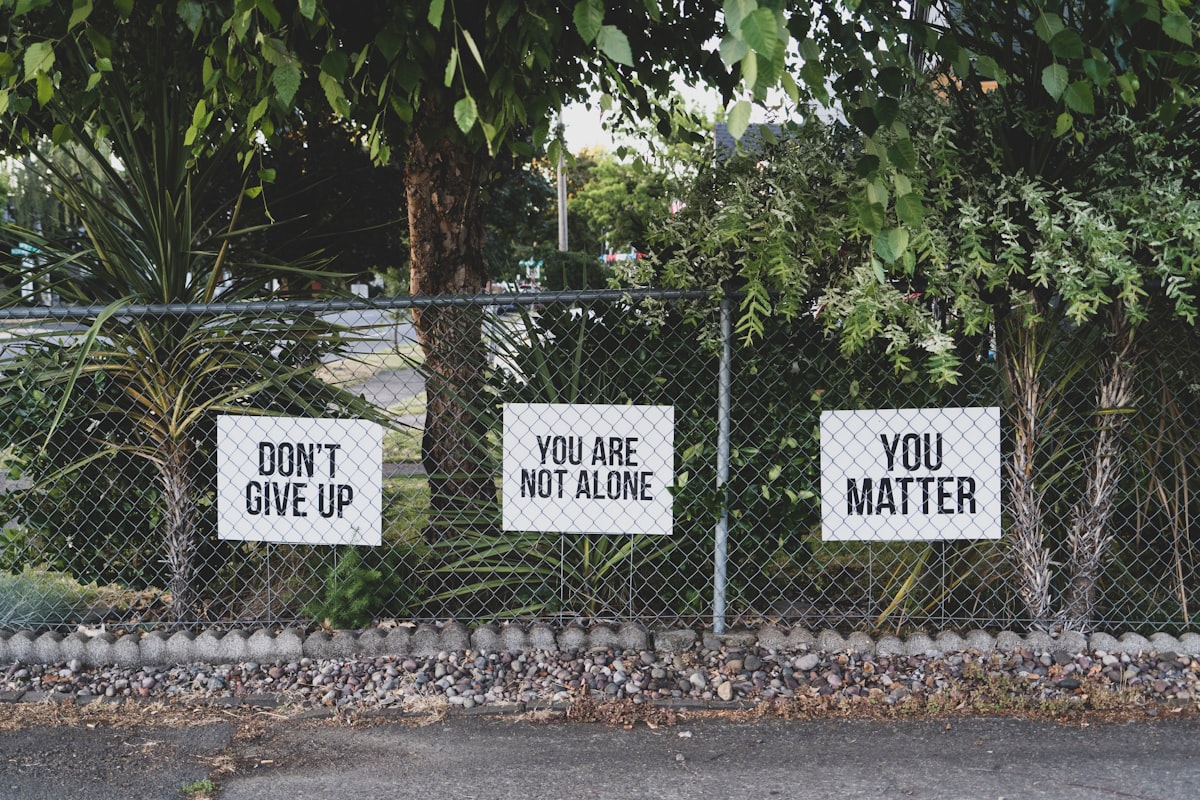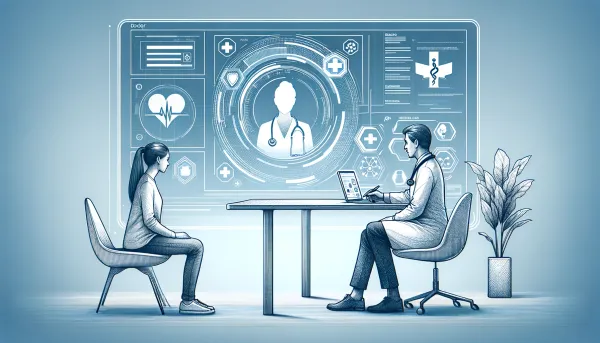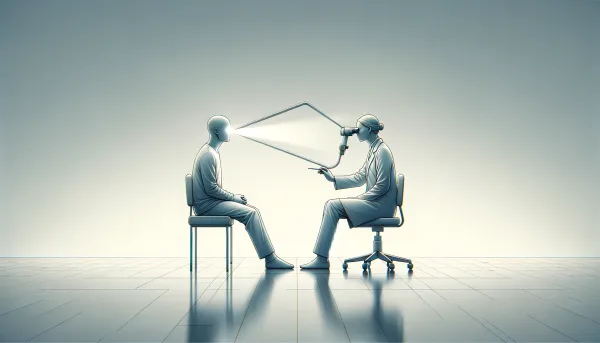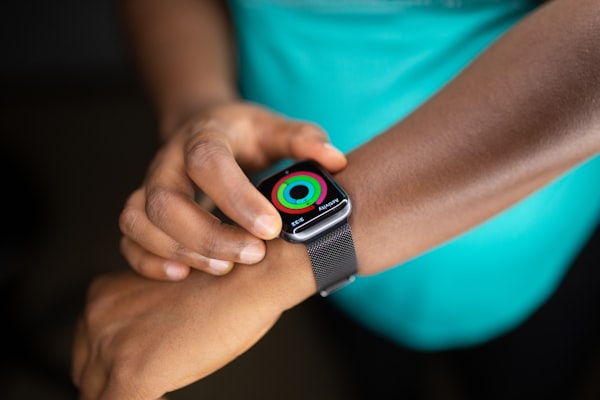Digital Technology Might Be a Solution and Problem for Mental Health
Mental health isn't left behind in digital health. The latest proof is Apple reportedly developing a way to detect mental health issues with iPhones. Sometimes though, their devices might also be the problem.

Last week, the Wall Street Journal among others reported that Apple is working on features that would help detect depression and cognitive decline with iPhones. This gave me the perfect opportunity to explore the area of mental and digital health, a topic I had on my mind for months.
Unofficially, they’re teaming up with UCLA and Biogen to help detect depression and cognitive decline. They hope to “track data from the iPhone’s video camera, keyboard and audio sensors, and data from the watch related to movement, vital signs and sleep”. This would involve analysis of facial expressions, speaking patterns, pace, and frequency of their walks, sleep patterns and heart and respiration rate. These findings would not only be compared to questionnaires completed by participants, but also to the participants’ cortisol levels.
Venturing in the mental health field is similar to what they did with atrial fibrillation (AF). When Apple announced their Watch Series 3, they teamed up with Stanford University for a research study, which demonstrated the wearable could indeed detect AF. Only this time they are moving to a much more popular device.
The goal is to find data that correlates with mental-health conditions and turn the findings into an app that alerts users when they should seek care. As good as this sounds, the extent to which they would be tracking millions of people could spark serious privacy concerns. For now, Apple aims to build algorithms that work locally on devices and don’t send any data to Apple.
In contrast, relying on technology to detect human expressions might not be the best idea. Facial expression recognition has been around for some time. One, however, cannot assume that facial expressions are the same in all cultures nor that a facial expression is 100% tied to a certain emotion. That’s the problem technology (most of the time AI) has with recognising human emotion. We might therefore assume that recognising mental health problems is an even bigger challenge.

Practice
But Apple is once again playing the card of being a tech giant, once again attempting to create a monopoly, and it happens to be mental health this time. Companies such as Mindstrong are already detecting stress, mental health symptoms and well-being by detecting the characteristics of scrolling, typing and swiping. Additionally, they provide psychiatric therapy sessions all-in-one and even connect with insurance companies to cover the expenses.
As beneficial and cool as this may sound, this can also turn into a serious problem. I already mentioned how Apple attempts to combat privacy concerns, and let’s say they do. But an editorial article in The Lancet Psychiatry puts it brilliantly that “it's never been easier to collect relevant (or potentially relevant) data for mental health”. Any technology company that builds wearables can track sleeping habits, exercise. Those that sell mobile devices can analyse typing trends and screen time. All of this is potentially relevant for mental health.
However, another quote from The Lancet tells us that“it’s also never been easier to monetise and abuse digital data, as compounding news reports continue to show”. Because of this and because mental health is as sensitive as it gets, privacy will once again play a key role. And as beneficial as private companies are in implementing digital healthcare, we must all keep and make them accountable.
A very positive thing in psychiatry during the COVID-19 pandemic was that it reportedly wasn’t as disturbed as other branches of medicine. Patients and psychiatrists took advantage of online sessions, as they aren’t that different from talking to talk in person. This shows great promise to keep up even after the pandemic is 100% over.
Lifestyle
There is another side to mental health and digital devices. Let’s say we can potentially treat and analyse it. But what’s more concerning is one of the reasons why mental health deteriorates in some people are just because of the digitalisation of our world. A research study from 2015 found that smartphone use significantly correlates with depression, anxiety, and daytime dysfunction scores. Researchers also found positive correlations “between the Smartphone Addiction Scale scores and depression levels, anxiety levels, and some sleep quality scores”.
It’s not just that we use smartphones too much, but how we use them. Smartphones are a brilliant tool that can make our lives easier in the palm of our hands. That’s why they were created. However, they evolved into a tool that can do more harm than good if not used consciously. Social media is an appealing way of documenting one's life. But at the same time, this led to social media effectively being a competition between who has the best life and who is happiest. Real-life is sometimes drastically different. Inadvertently, when seeing how happy, successful and awesome people’s lives are, we compare it with our own, which is a recipe for unhappiness and possible mental decline.

This is connected with the fact that using social media and being approved by our peers releases dopamine, which as you may know is the same neurotransmitter that’s released when we smoke, drink and gamble. It leads to addiction. This is the thesis of a book by Manfred Spitzer called Digital Dementia. In short, it discusses how technology affects the well-being and mental health of children, who spend long periods of time interacting with technology. Similarly, Simon Sinek explains this with the so-called “Millennial Question”.
With this issue, I wanted to show that even exciting pieces of news are worth thinking and talking about. It gave a brilliant cue for further discussion about digital health in clinical psychiatry, as well as examining how the possible solution might also be a part of the problem.






